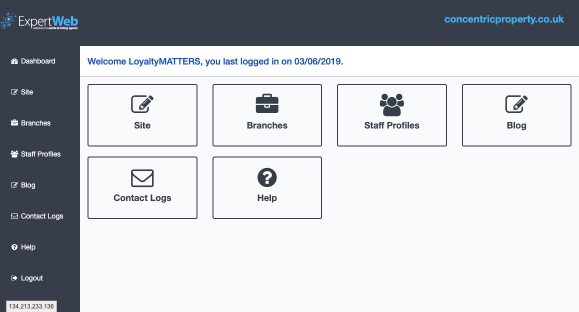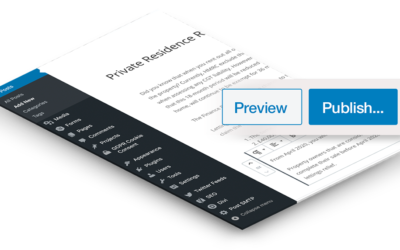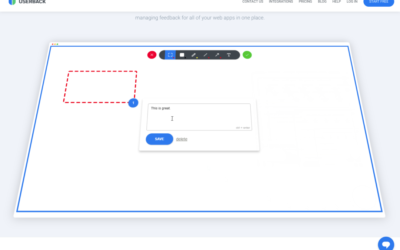We’ve made some changes at ExpertWeb to help our letting agents comply with the Tenant Fees Act.
The new legislation requires that, from the 1st June 2019, agents with properties to let in England must publish the following information on their website:
- Permitted payments
- Details of your membership and the name of the redress scheme
- Details of your membership and the name of any client protection (CMP) scheme that you participate in.
Agents who let properties in Wales
If you operate your letting agency in Wales, you must be licenses by Rent Smart Wales. You must include details of your CMP scheme and license of Rent Smart Wales on your website. These changes come into force later in 2019 under The Renting Homes (Fees etc) Act.
Where to display the information.
We have made the process as easy as possible to display the required information by creating a global field within the settings of your website. Information that you add here will automatically display at the footer of the rental property pages on your website.
Depending upon which version of our content management system you have, here’s how you find this section:
If the content management system of your website looks like this:

- Select ‘sites’
- Then select ‘settings’
- Scroll down and you’ll see a section titled: Property Disclaimer – Lettings. This is a free text field where you can add any disclaimer information and details of how you comply with the Tenant Fees Act.
- Click update when you have added the information you want to display and it will automatically be added to the footer of every rental property on your website.
If the content management system on your website looks like this:

- Select ‘website’
- Then select ‘settings’
- Then select ‘details’ (click the arrow to expand the section)
- Scroll down the page until you find the section called: Property Disclaimer – Lettings. This is a free text field where you can add any disclaimer information and details of how you comply with the Tenant Fees Act.
- Click save (at the footer of the page), when you have added the information you want to display, and it will automatically be added to the footer of every rental property on your website.
Rightmove have issued guidance to Lettings Agents, with sample wording that you could use. This is what they recommend:
Rightmove has provided template wording to help guide you about the information required to be published, but this is simply a guide and should not be relied upon by you for compliance.
Relevant letting fees and tenant protection information
As well as paying the rent, you may also be required to make the following permitted payments.
Permitted payments
Before the tenancy starts (payable to [Agent’s Name] ‘the Agent’)
Holding Deposit: 1 week’s rent
Deposit: [Insert your permitted payment amount] weeks’ rent
During the tenancy (payable to the Agent)
For English properties:
Payment of [up to £ Insert your permitted payment amount ] if you want to change the tenancy agreement
Payment of interest for the late payment of rent at a rate of [Insert your permitted payment percentage %]
Payment of [£ Insert your permitted payment amount] for the reasonably incurred costs for the loss of keys/security devices
Payment of any unpaid rent or other reasonable costs associated with your early termination of the tenancy
For Welsh properties:
Payment for the late payment of rent [£Insert your permitted payment amount ]
Payment for a breach of the tenancy agreement up to the prescribed limit
During the tenancy (payable to the provider) if permitted and applicable
- Utilities – gas, electricity, water
- Communications – telephone and broadband
- Installation of cable/satellite
- Subscription to cable/satellite supplier
- Television licence
- Council Tax
Other permitted payments
Any other permitted payments, not included above, under the relevant legislation including contractual damages.
Tenant protection
[Agent’s name] is a member of [CMP scheme name], which is a client money protection scheme, and also a member of [redress scheme name], which is a redress scheme. You can find out more details on the agent’s website or by contacting the agent directly.


